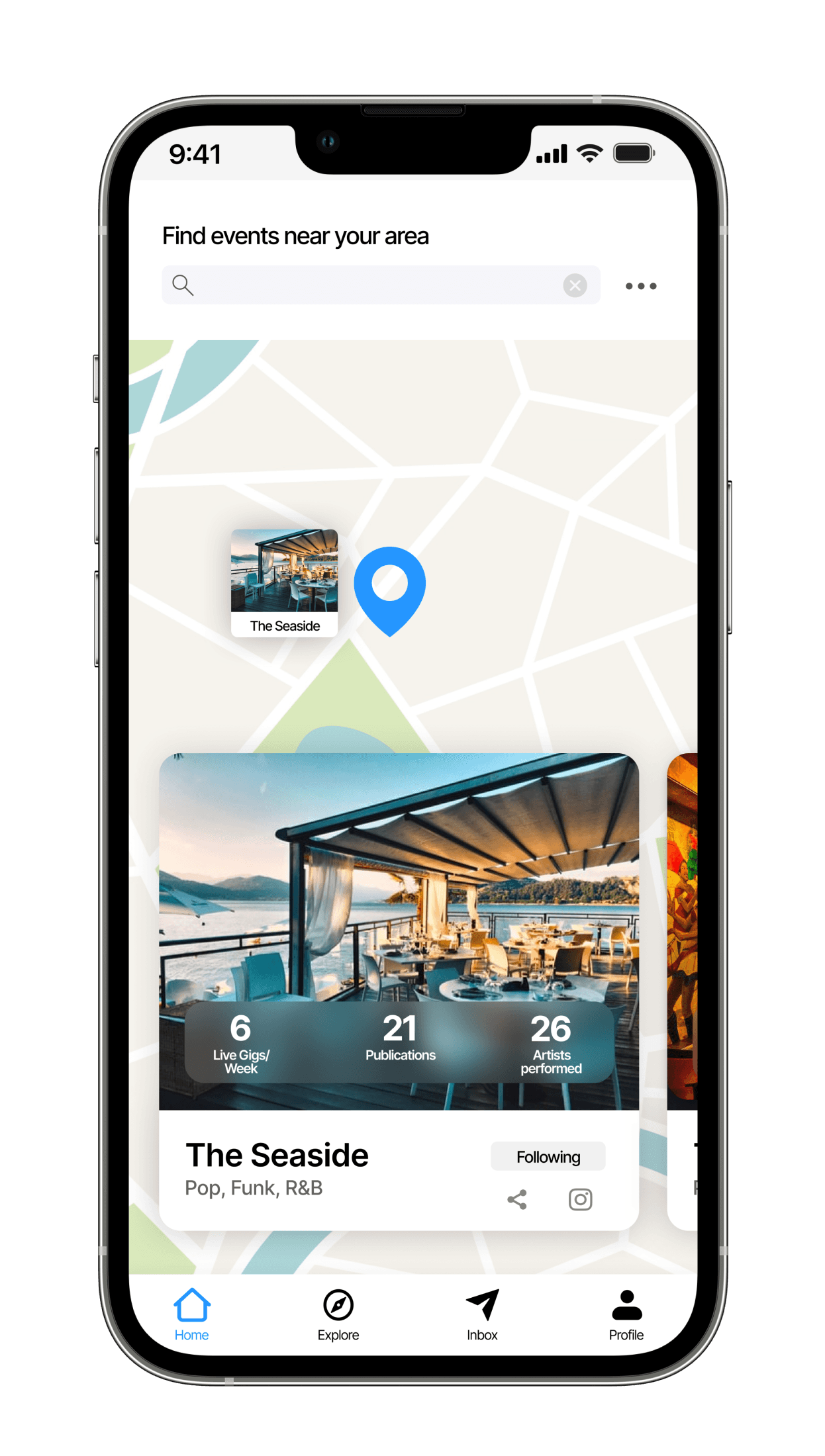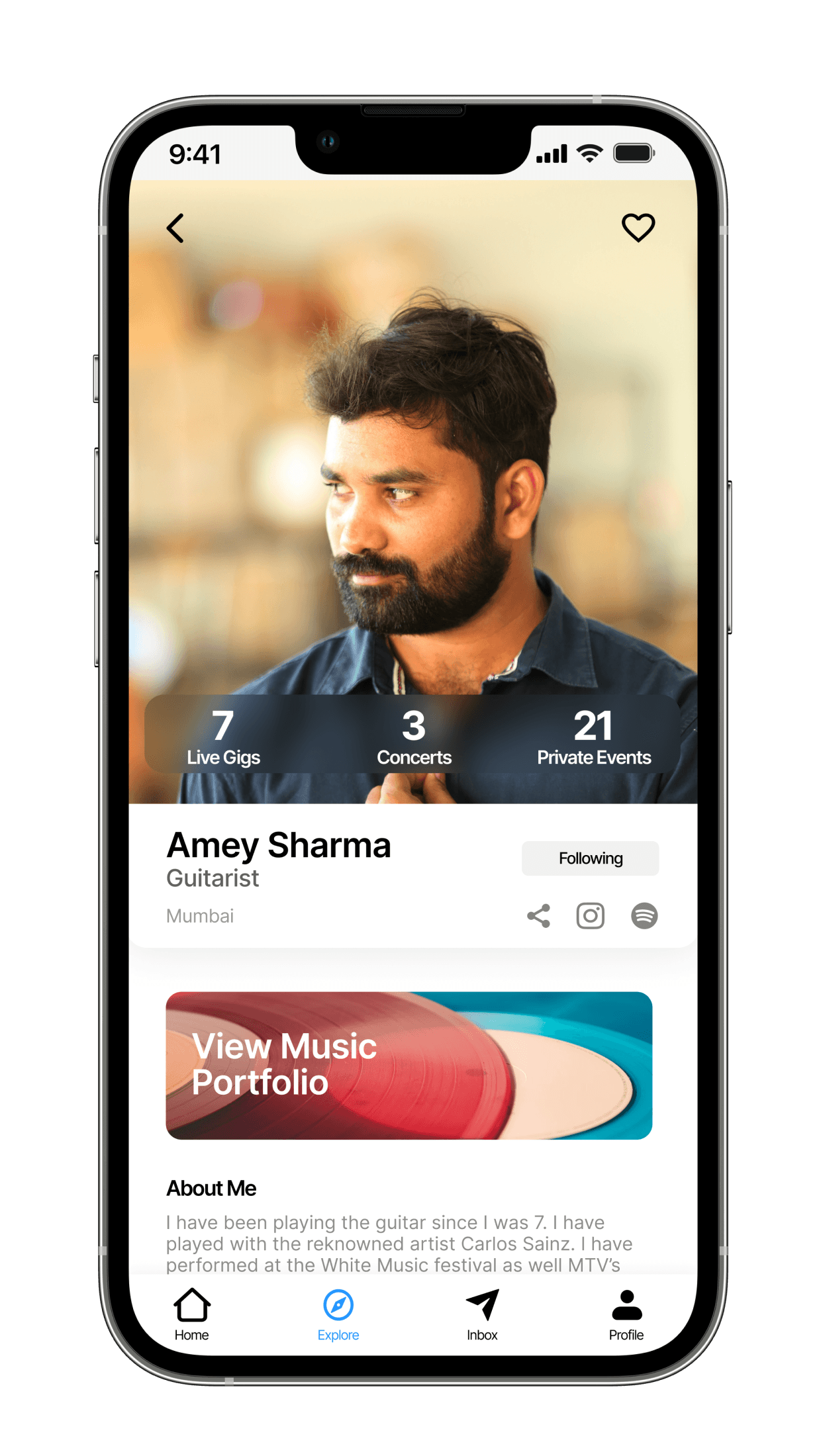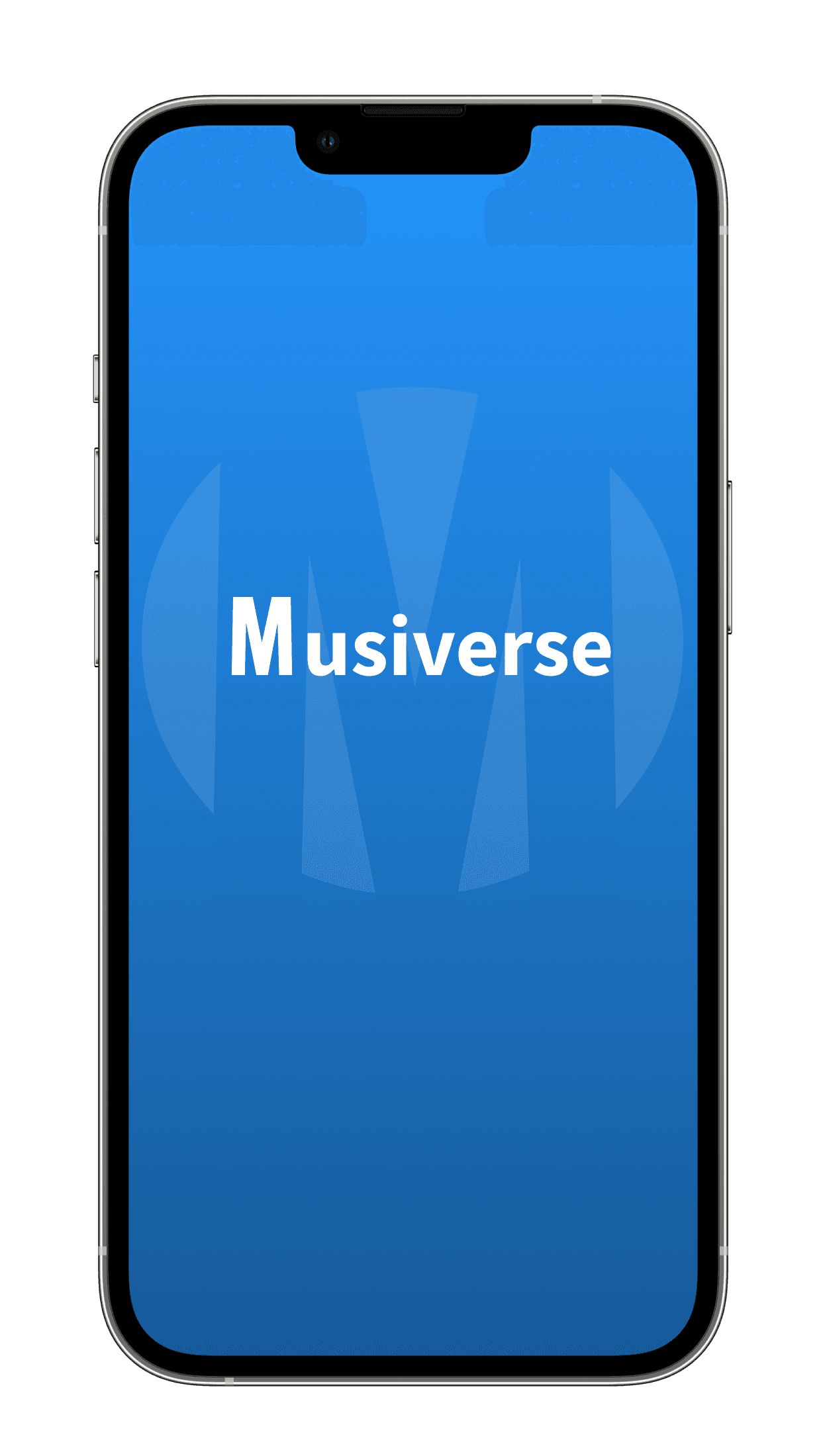Kroger's ReSKU
ReSKU is a progressive web app (PWA) designed to enhance co-ordination between warehouse employees and food bank representatives for better digital donation management.
Dashboard Design
Data Visualization
Supply Chain Management
SKU Management
4 Months
7 Members
Figma, Miroboard
'Inefficient handling of unsellable goods in Kroger's warehouses hindered effective food bank coordination'
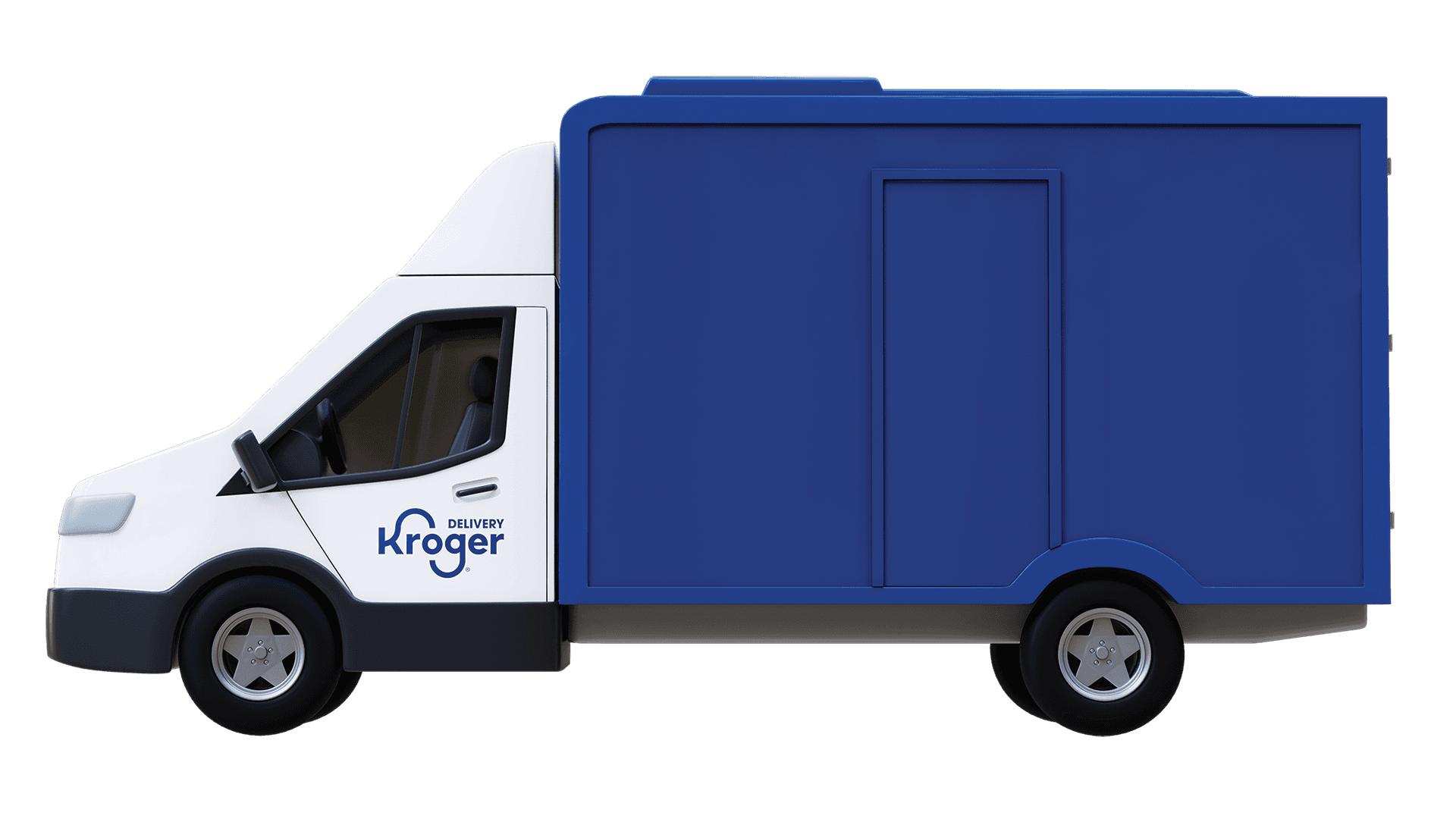
Inventory
Mismanagement
Operation
Inefficiencies

Inconsistent
Reporting
Data Delays

Communication Gaps
Solutions for
Digital Reporting
Synchronous Coordination
Asynchronous Coordination
Standardization
Accountability
Steamlined Workflow
Asynchronous Coordination
Digital Reporting
Synchronous Coordination
Standardization
Accountability
Steamlined Workflow
Asynchronous Coordination
View other projects
Optimized navigation and analytics for Jetsweat Fitness
B2B SAAS | DESIGN SYSTEM | SUMMER 24'
Shipped

Thanks for viewing
Story Time
An ambient product in Kroger's Warehouse that is either expired or damaged, is unfit for retail as per the damage protocols and are supposed to be dumped. Now Kroger wanted to utilize the damaged products for something else, apart from dumping.
Damage identified during routine floor Q.A.
Flagged for Dump
Move to designated disposal area
Products Disposed
Secondary Research
To explore opportunities for rescuing damaged products, we conducted a Market Taxonomy, analyzing similar services that salvage food and products. We compared target audiences, product appeal, marketing strategies, damage categories, pricing, and sales channels.

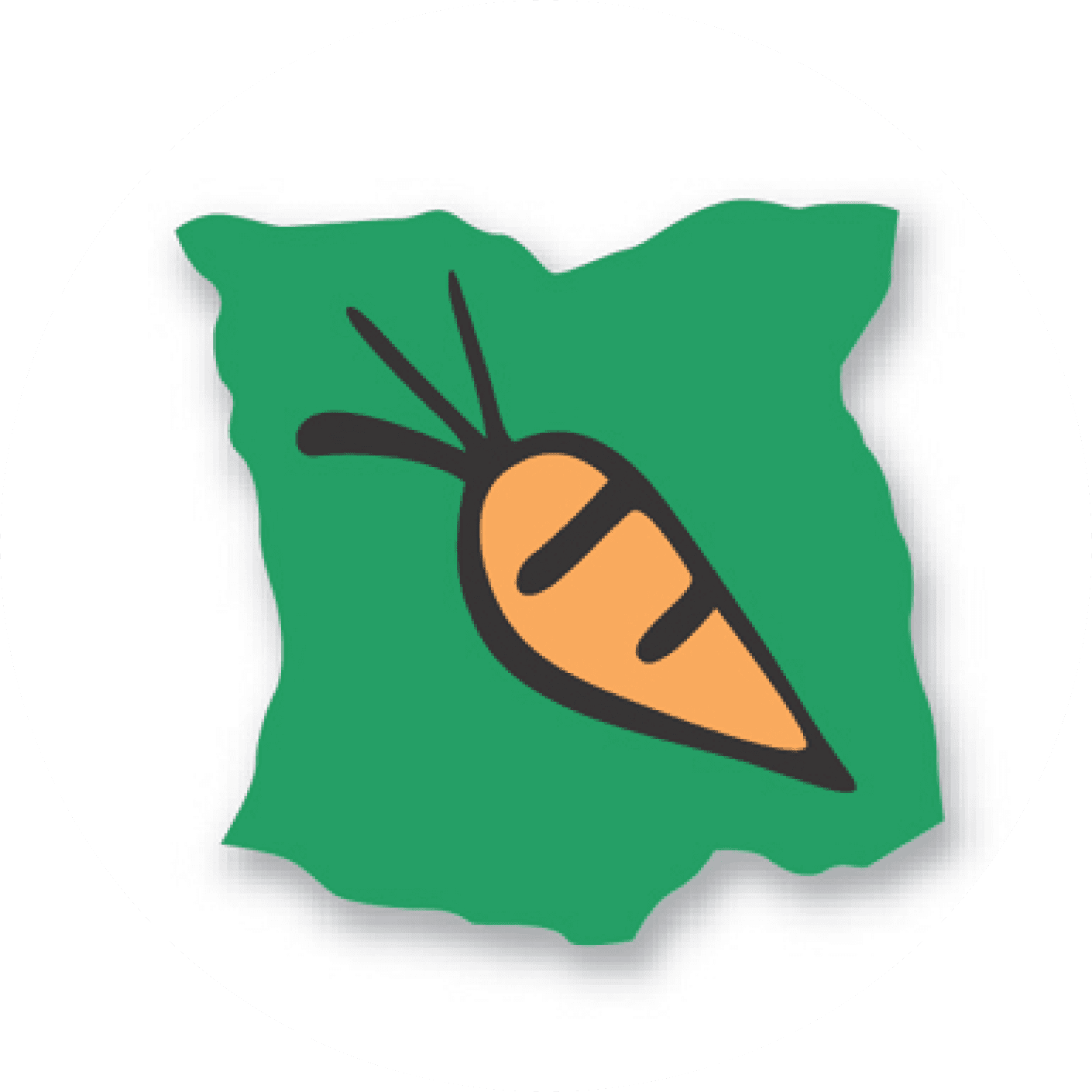

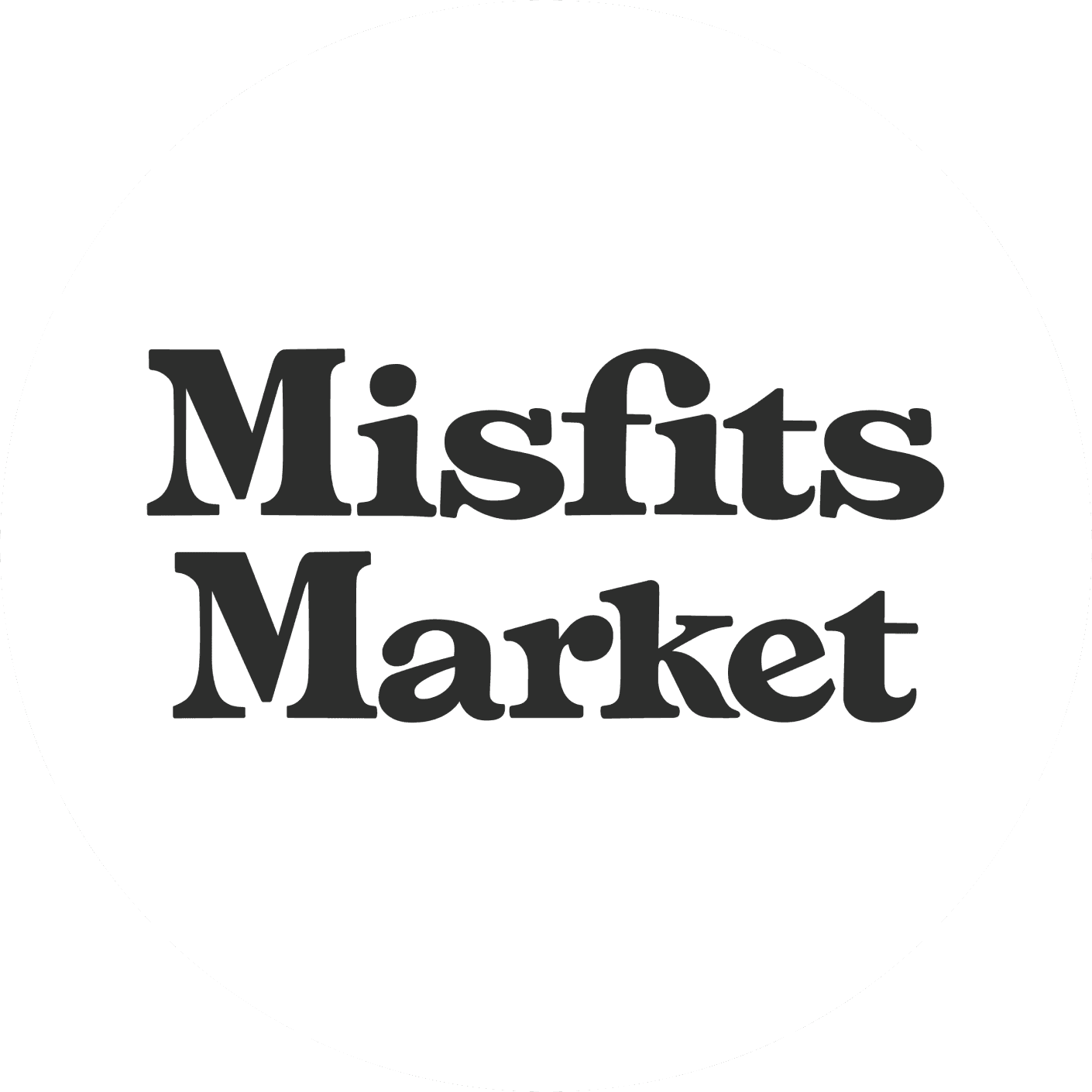
IU Surplus Store
Local Harvest
Too Good
to Go
Misfits Market
The Great Pivot
With some preliminary research, we pitched a Second Chance Store to Kroger's stakeholders.
This would be a store that is physical with an online platform, within Kroger's warehouses where unsellable items are stocked for employees to select, purchase, and pick up seamlessly.
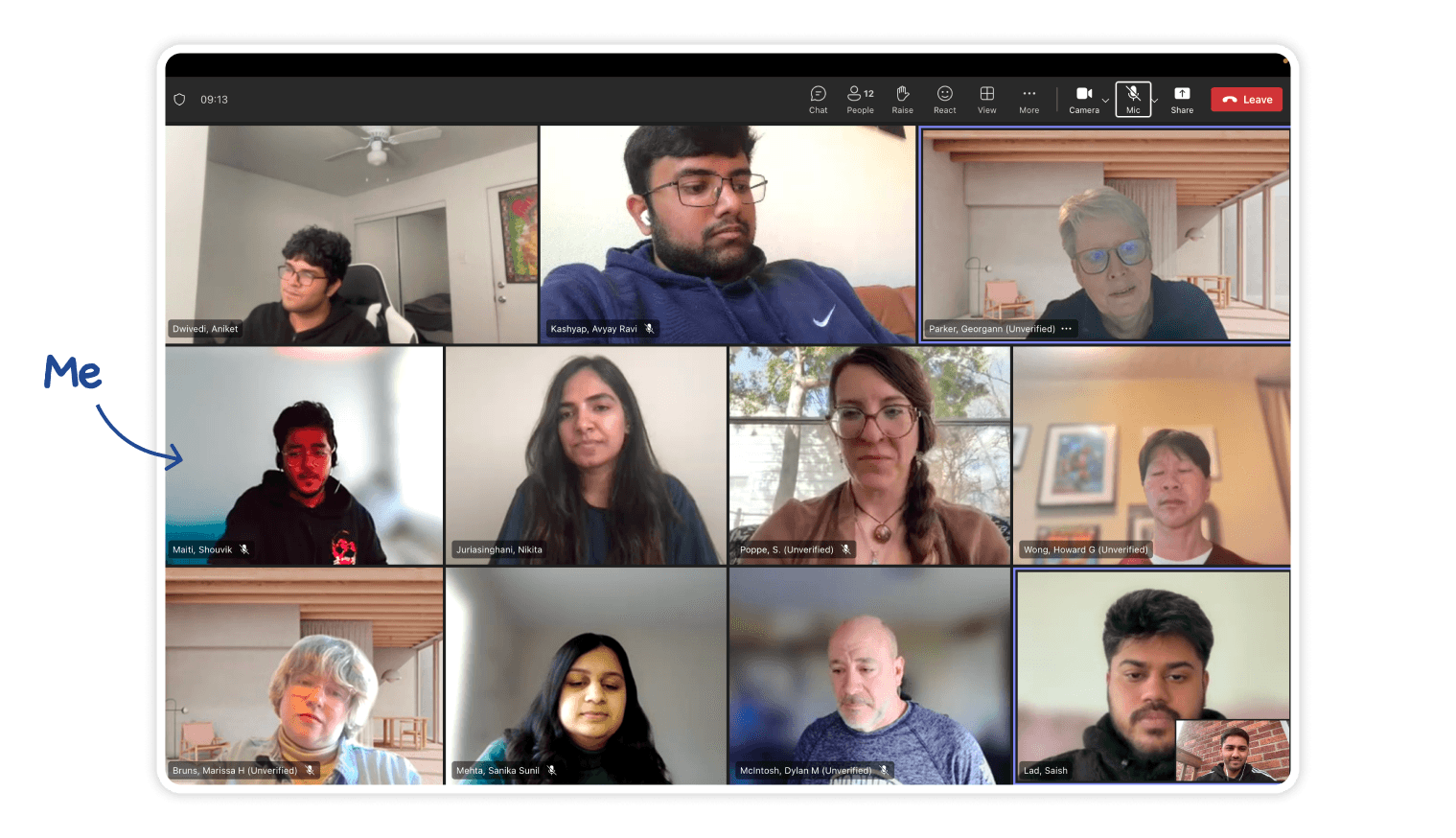
However our stakeholders were not that impressed and we had to scrap the idea!!!
They presented three arguments that aligned with Kroger's sustainability goals -
'Zero Hunger, Zero Waste'
1
Kroger has attempted this before, but it had multiple logistical challenges.
2
Selling inventory back to employees goes against Kroger's goals.
3
The idea lacked fostering a collaborative partnership with the community.
Next Steps
So what do we do next?
Out of the potential options, we chose to focus on donating to foodbanks. This approach allowed us to better align with Kroger's Zero Hunger, Zero Waste goals of empowering the community and addressing food insecurity.
We went to an actual warehouse to see how stuff functions and we found a gold mine of insights at the Seymour and Shelbyville warehouse at Indianapolis.
A Tale of Two Warehouses Entails
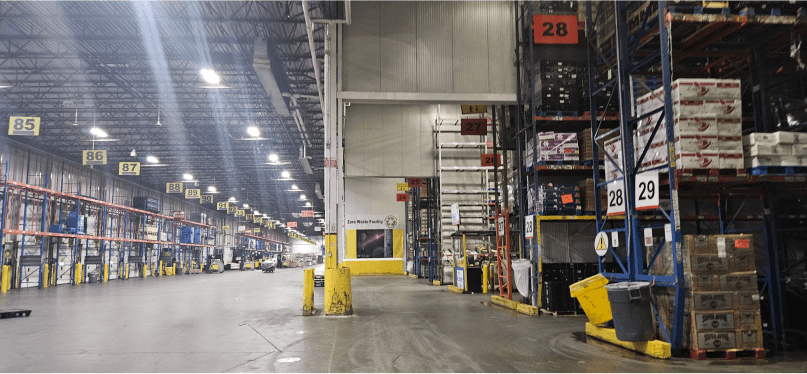
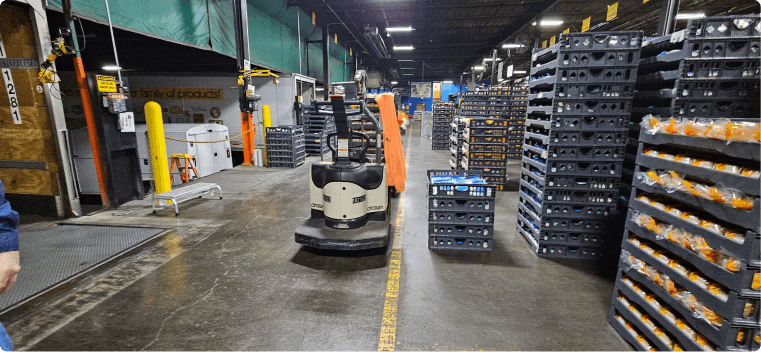
Ineffective Reporting
Miscommunication
Variable System
Reliable data around unsellable inventory is unavailable due to time-consuming pen-and-paper process.
Communication with food banks through informal means like texts and phone calls often results in miscommunication.
Each warehouse seems to handle operations in their own way so there is no standard procedure.
How might we help Kroger warehouses digitize the handling of unsellable goods to ensure clear and efficient coordination with food banks?
Introducing Kroger ReSKU
How ReSKU helps?
Digital Reporting
Official Channels
Standardization
Utilizing digital reporting and analytics for enhanced information retrieval, record-keeping, and accountability.
Maintaining official Kroger channels for both synchronous & asynchronous coordination.
Establishing scalable standard procedures to streamline workflows across multiple warehouses.
Where ReSKU helps?
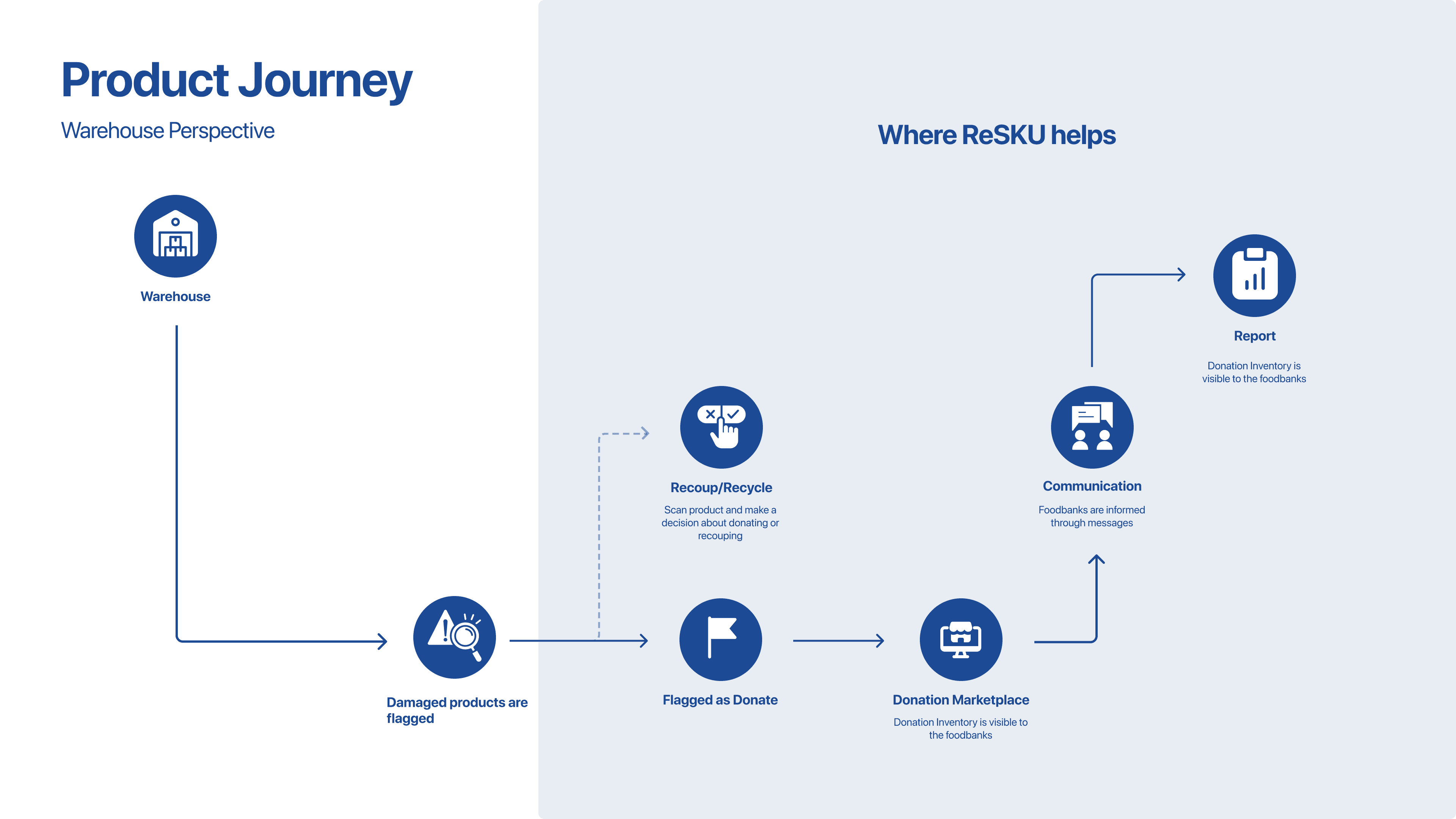
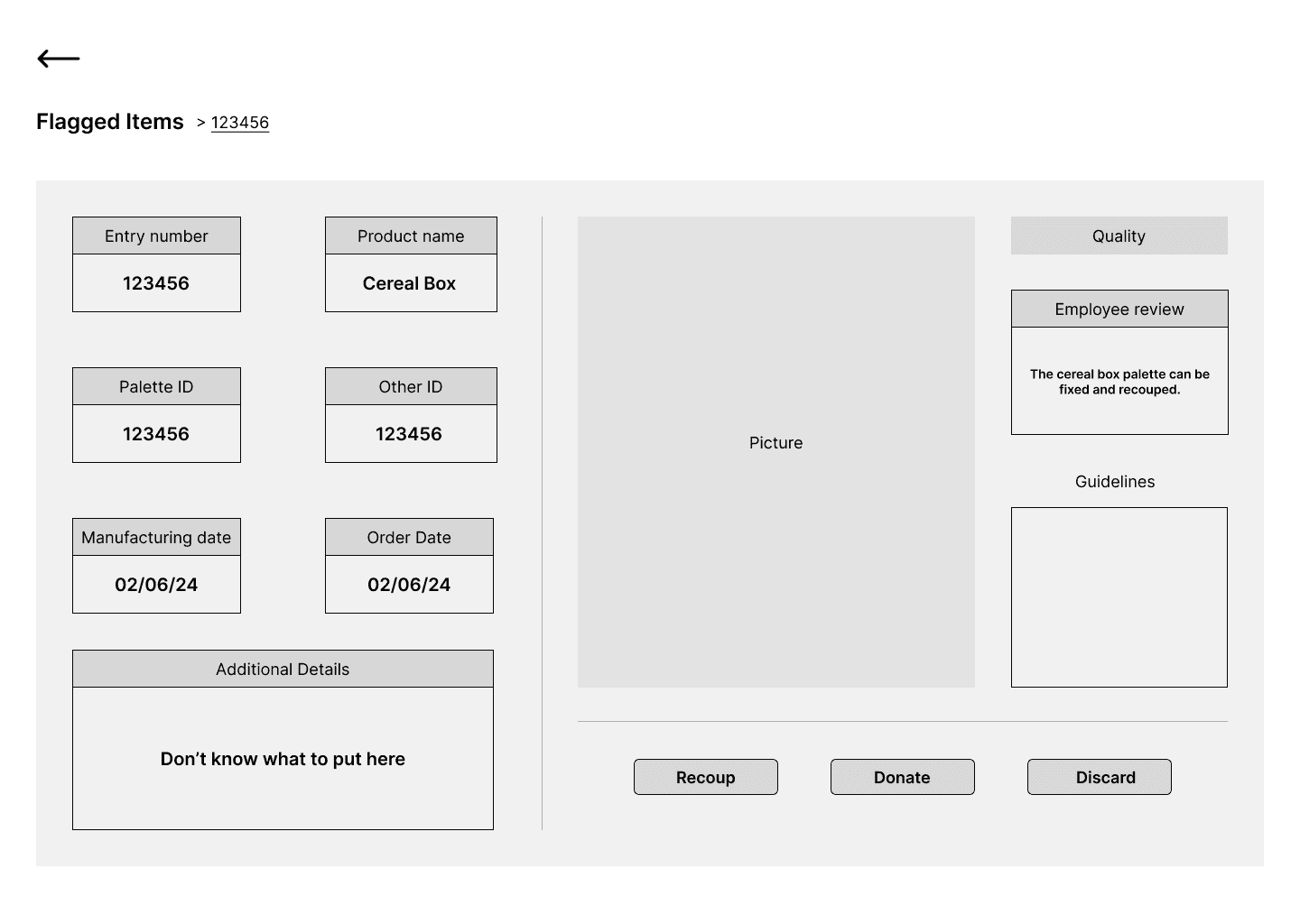
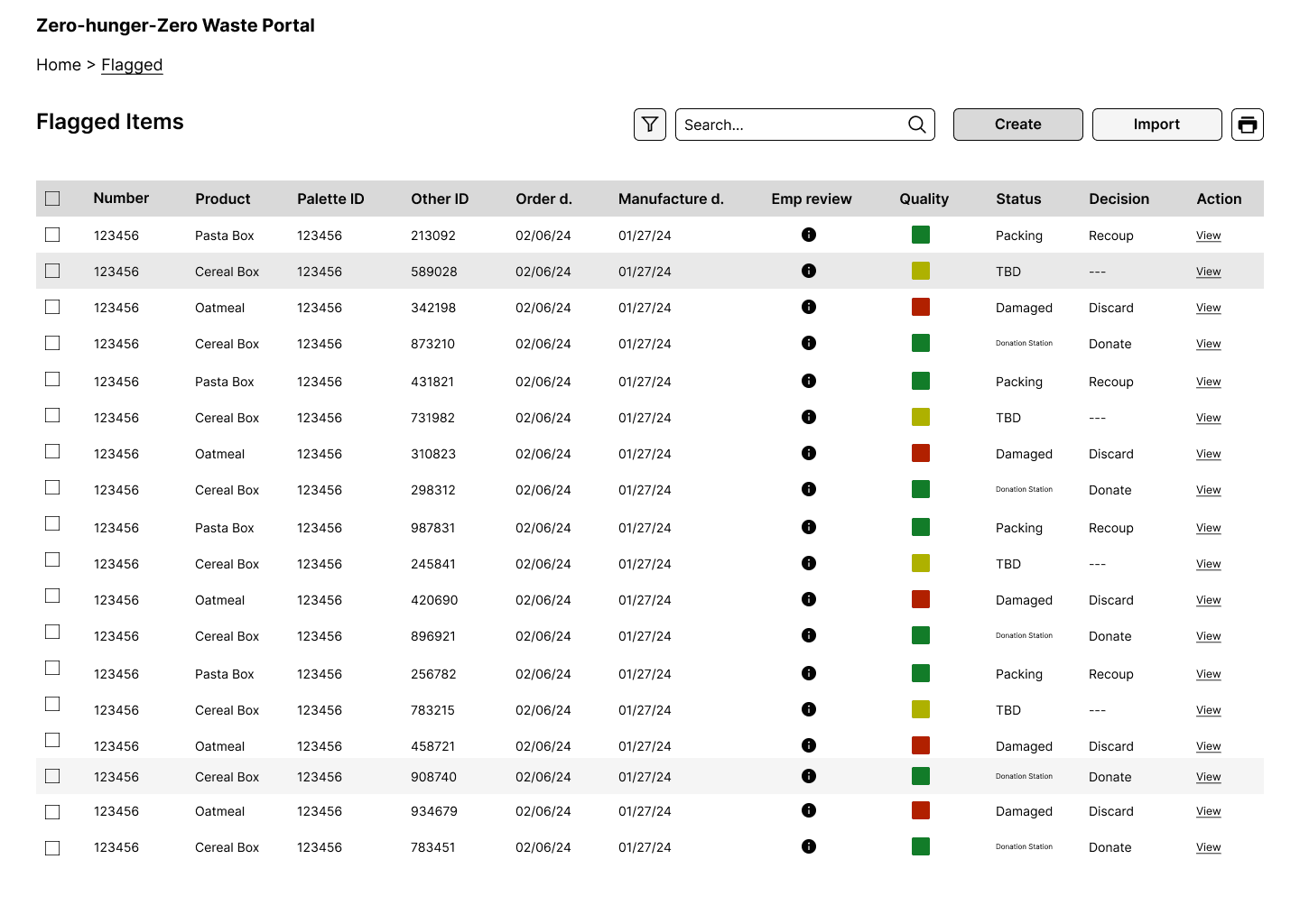
Flagging Inventory Management
Lo-Fi Prototype
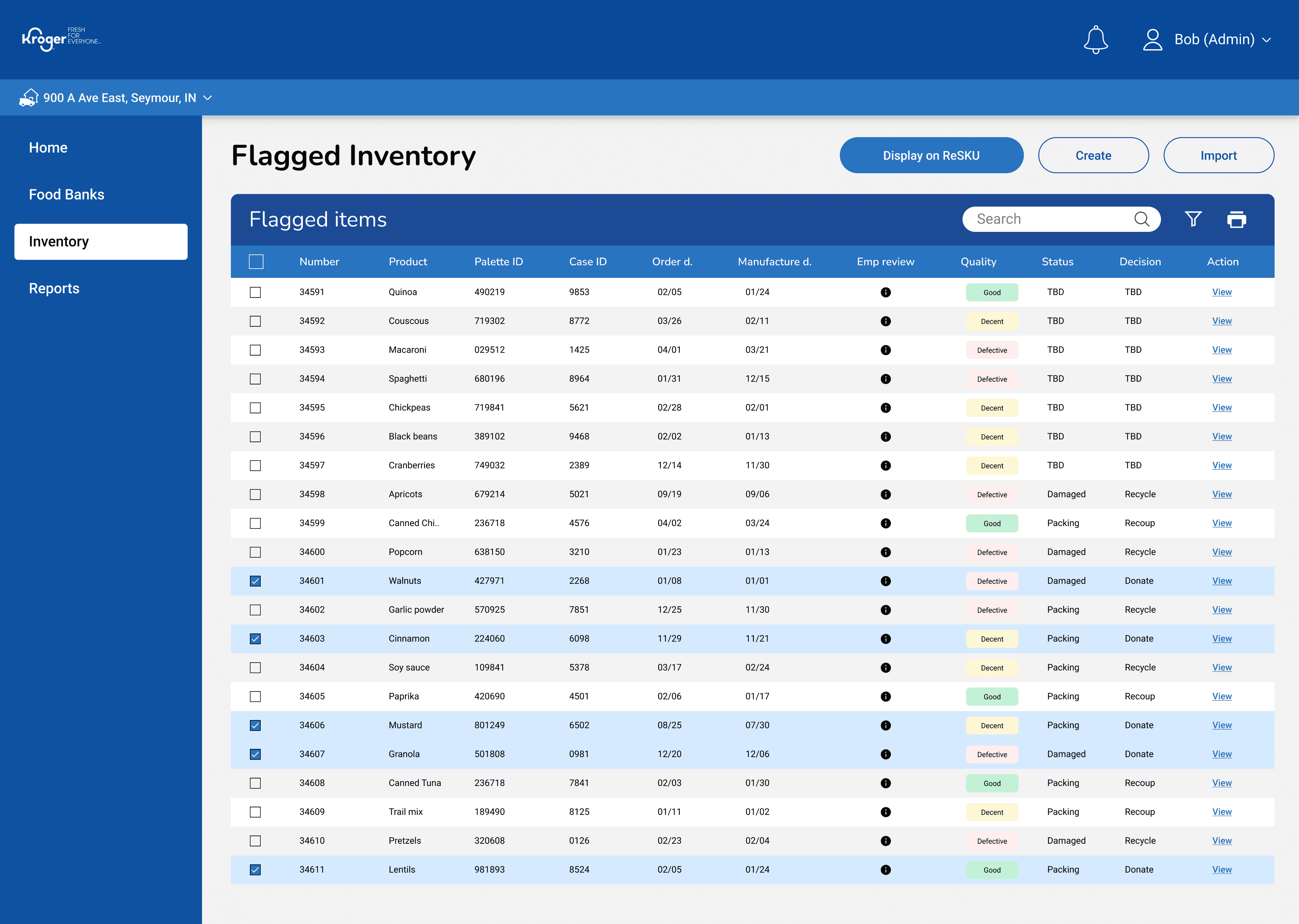
Final Prototype
View flagged inventory to make informed decisions regarding inventory outflow
Choose to recoup/recycle inventory or release for donation
Crystal Clear Communication
Lo-Fi Prototype
Final Prototype
Contact non-profits using the communication medium of your choice
Contextually refer to the order when needed
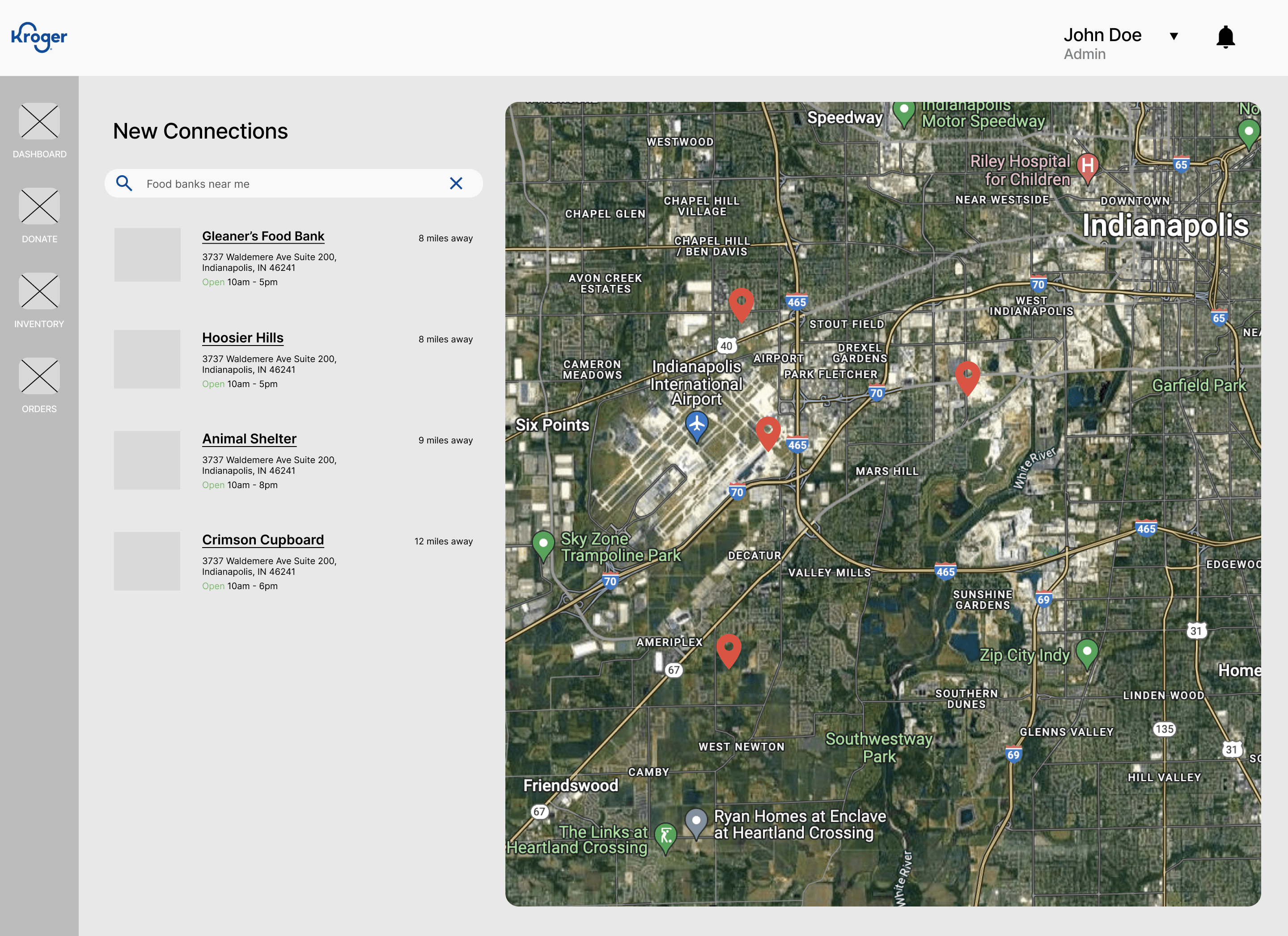
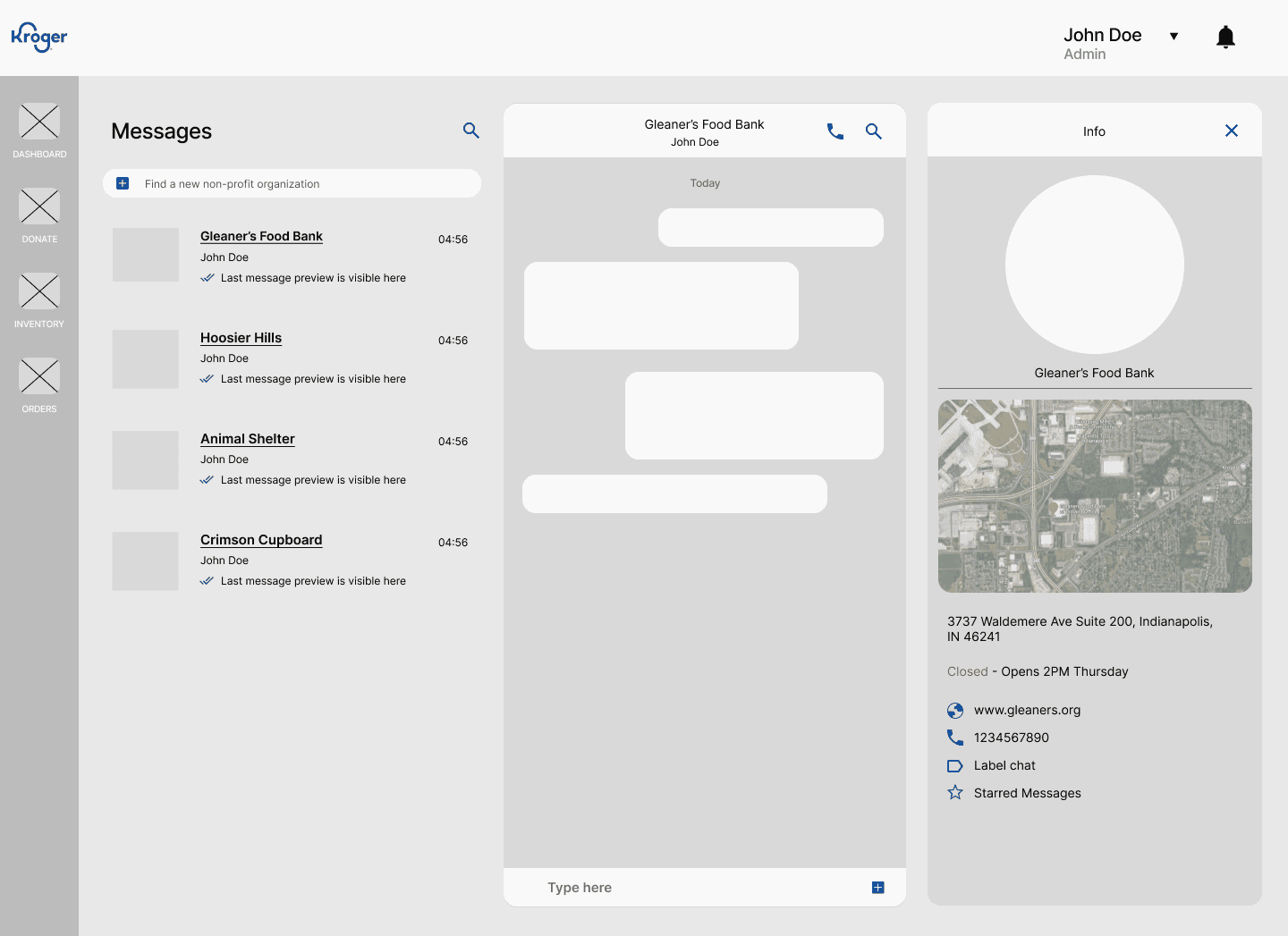
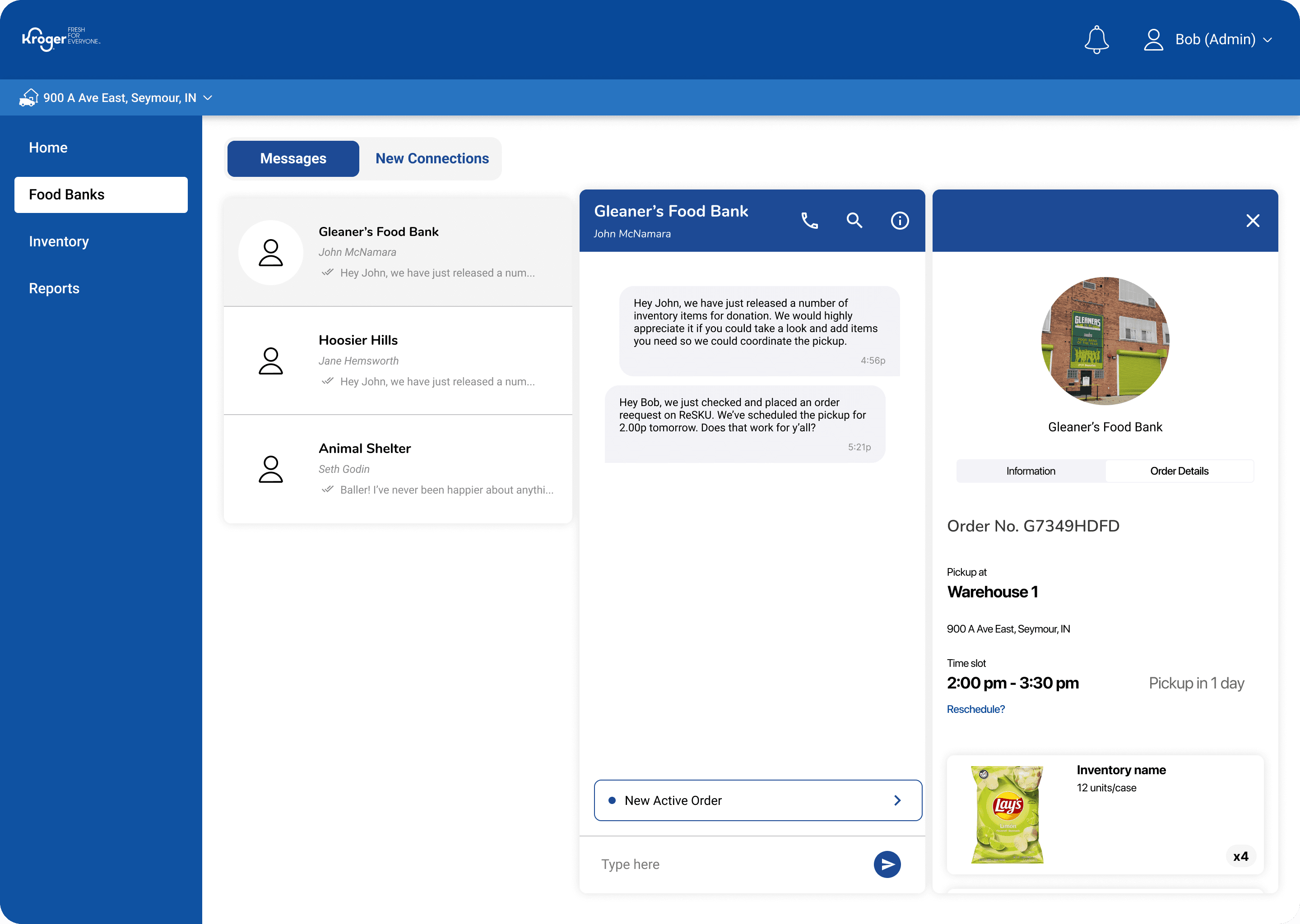
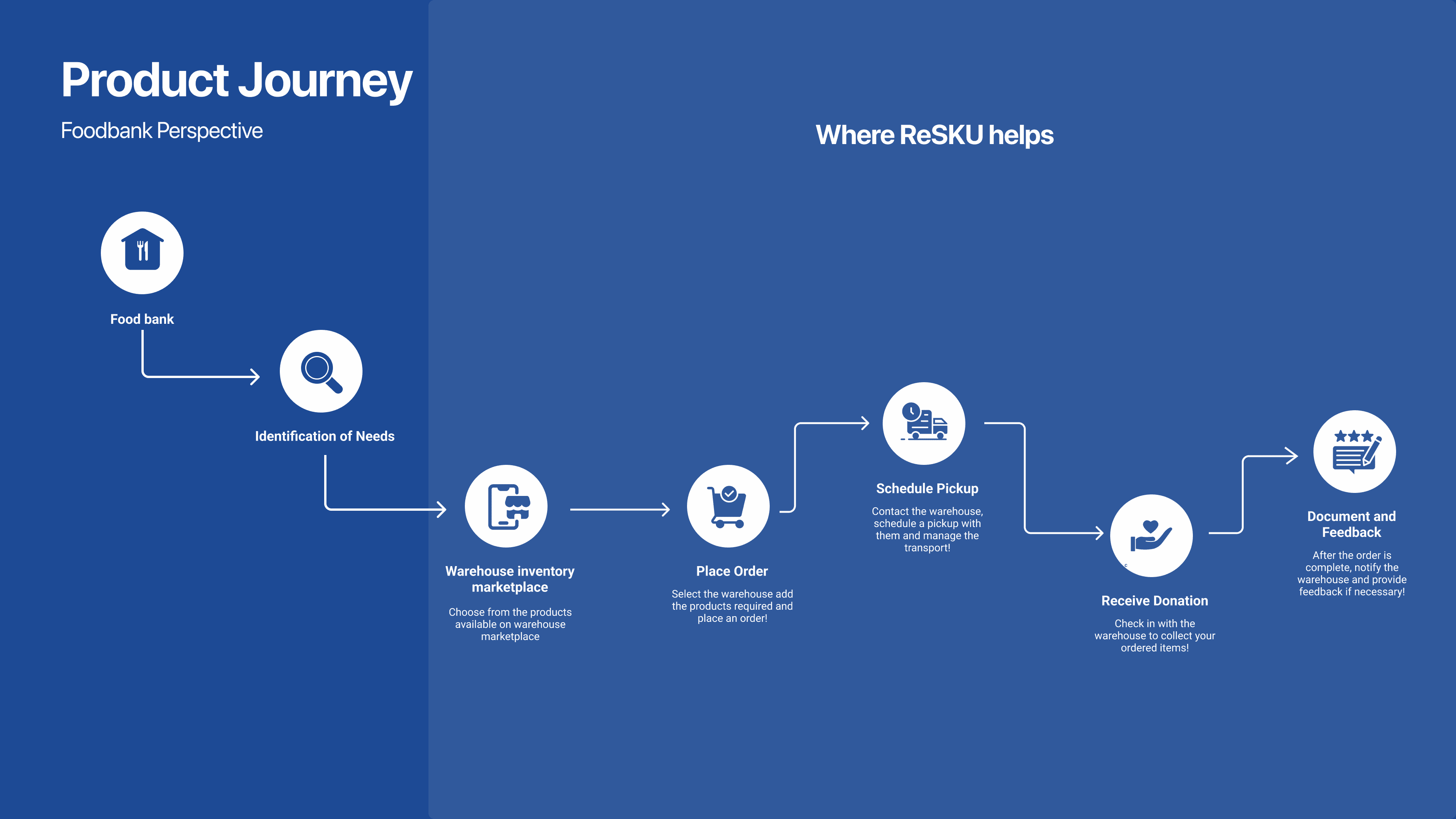
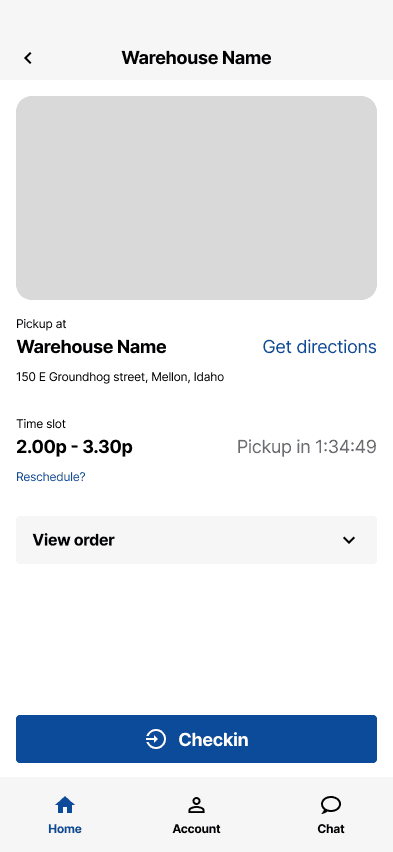
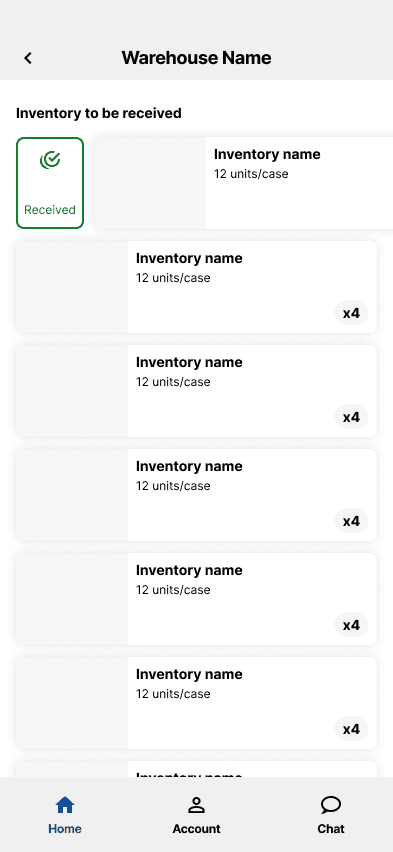
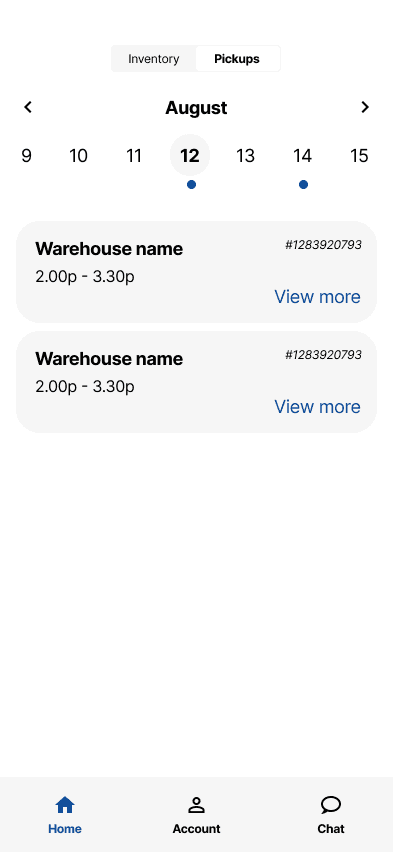
Plan Donation Details
Lo-Fi Prototype
Final Prototype

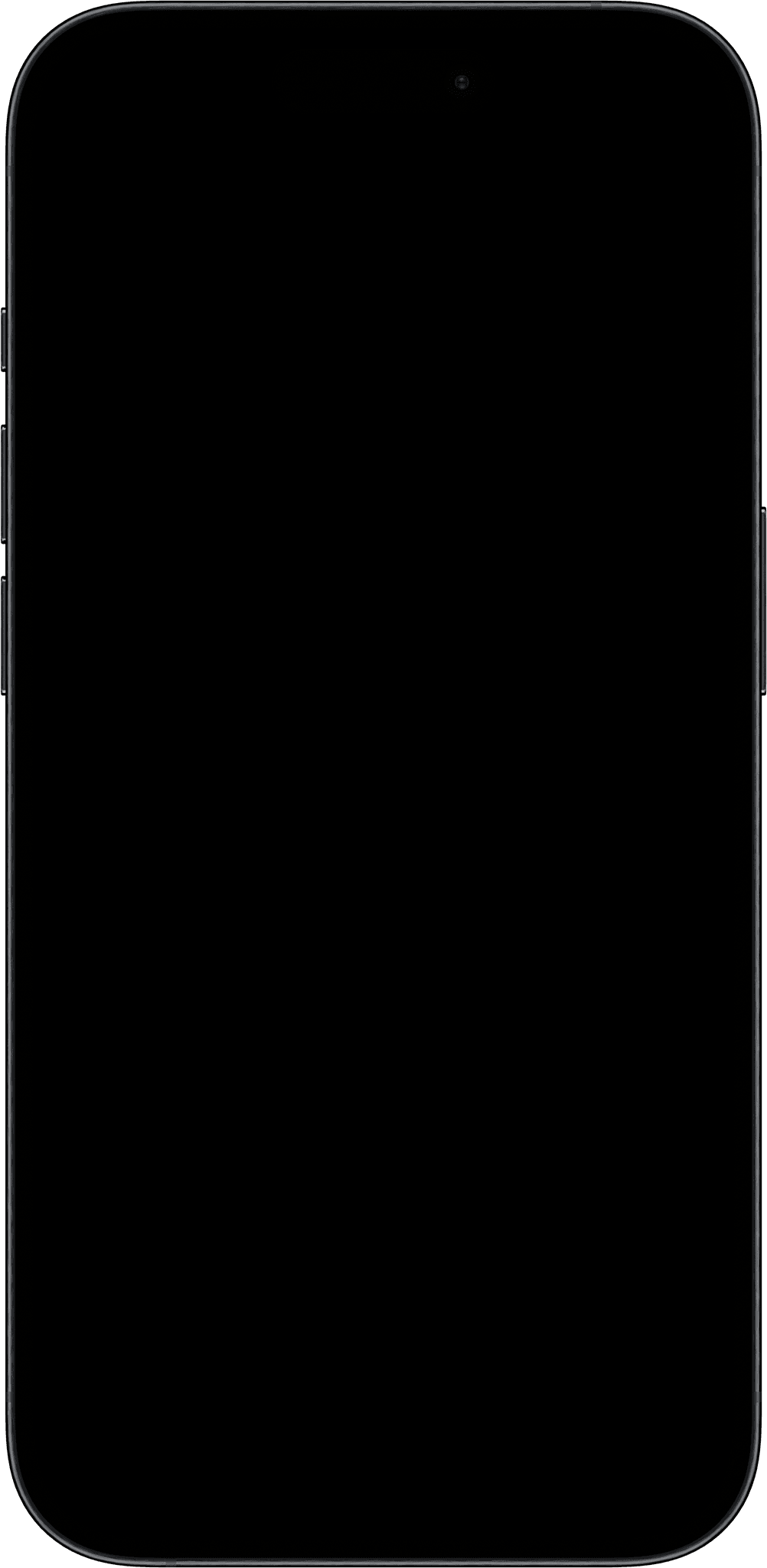
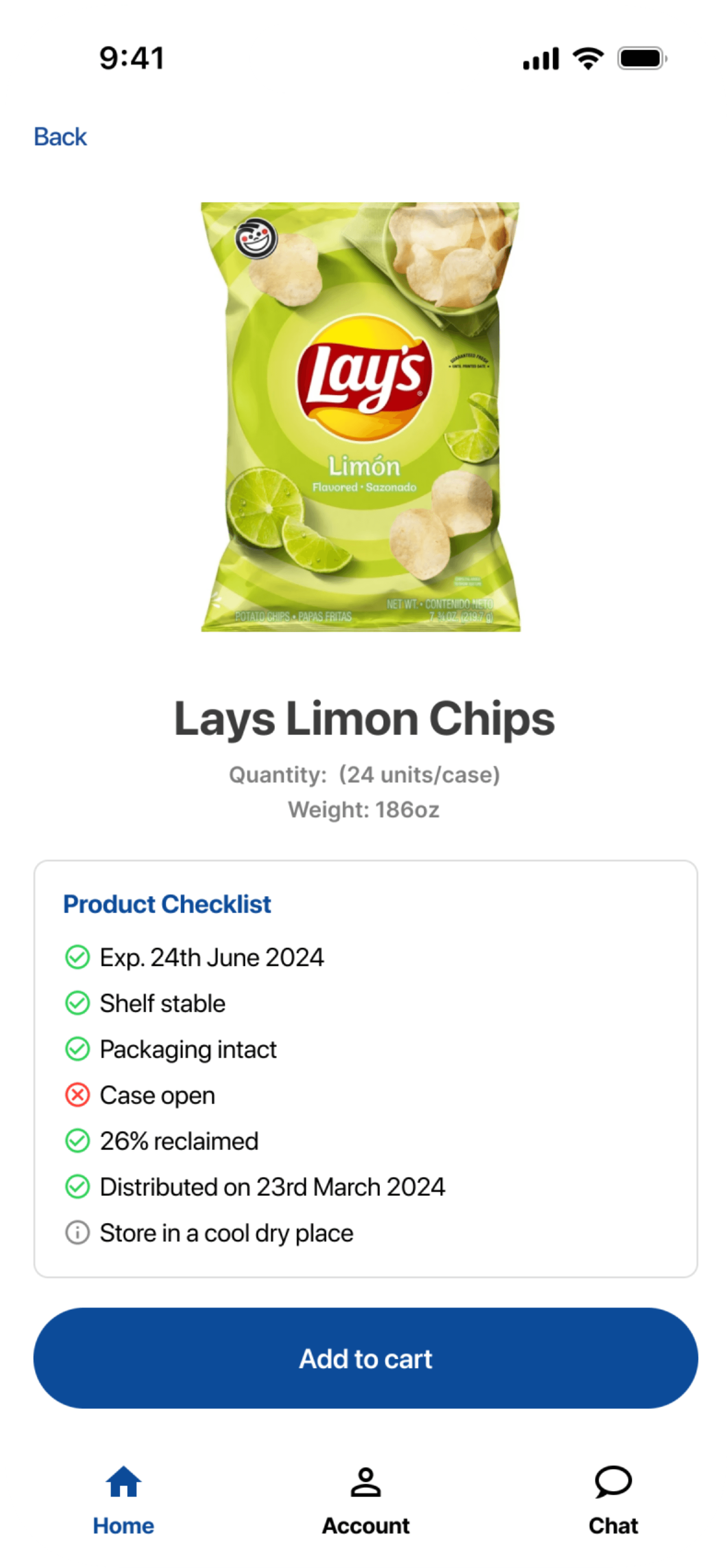

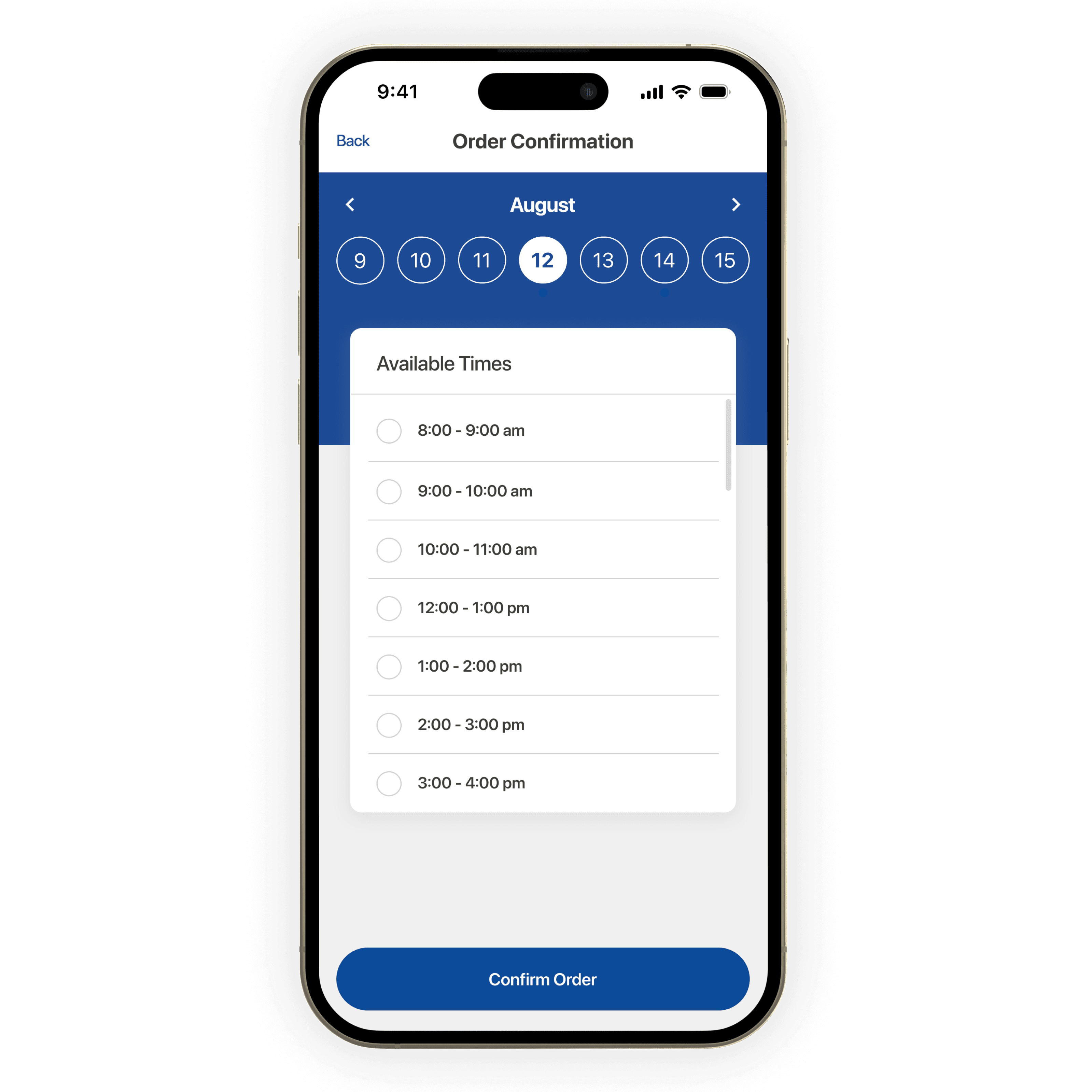
Plan for foodbank demands through clearly visible product details
Place order and select slots for pickup
We had the opportunity to present our idea at the
Green Tech & Sustainability ECO Hackathon by Kroger

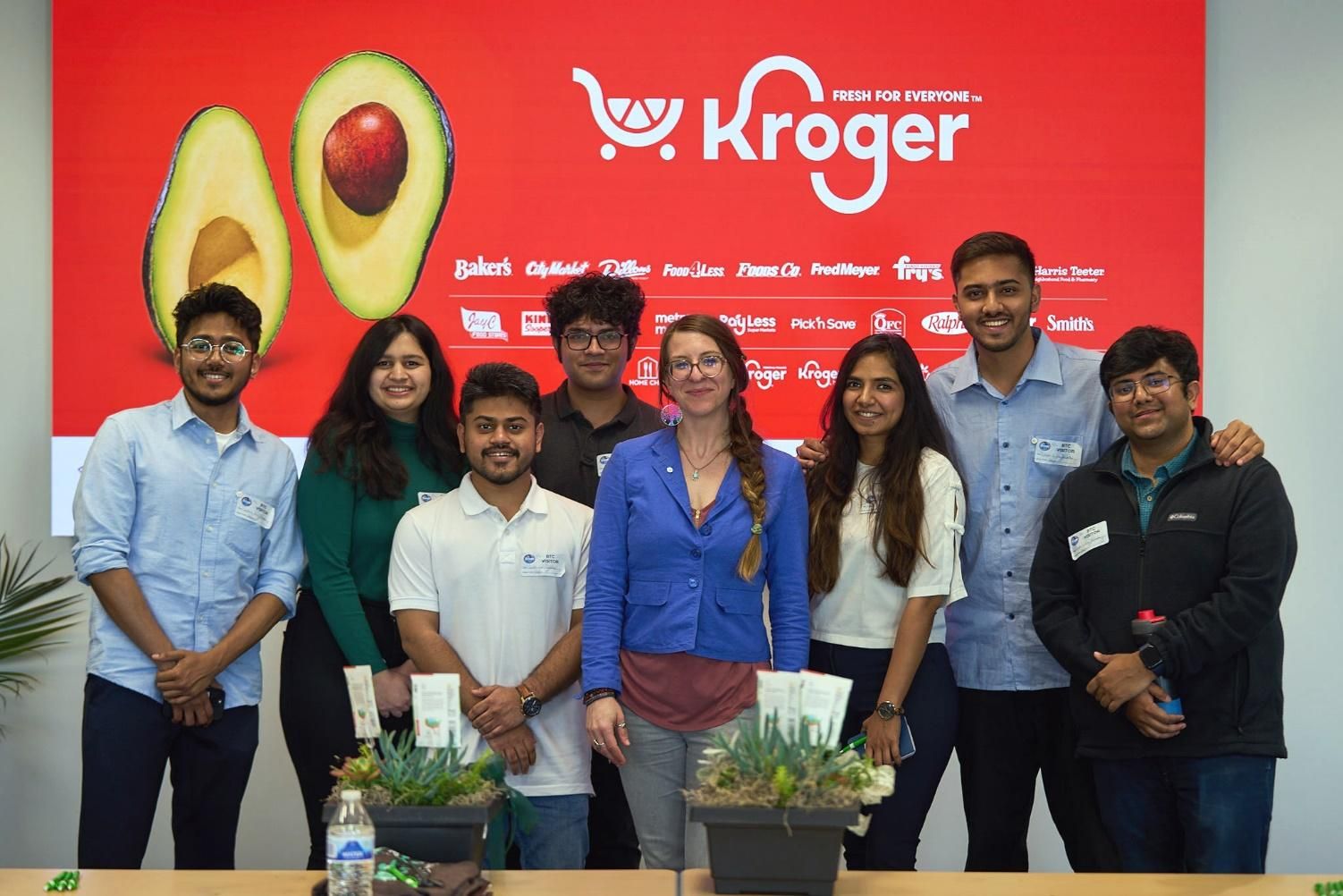
Winding Down
Learnings
User-Centric Research
Extensive stakeholder interviews and field visits uncovered key pain points, like manual inventory tracking and inefficient communication which helped in the understanding of real user needs that guided the design of a more effective solution.
Strategic Pivoting
The team's initial "Second Chance Store" concept evolved into a food donation streamlining system after stakeholder feedback. What initially felt super stressful, helped in realigning product direction with business goals, allowing us to be super flexible around it.
Platform-Appropriate Design
By creating a web app for warehouse managers and a mobile app for food bank staff, we were able to tailor interfaces to each group's work environment, enhancing usability and adoption potential.
